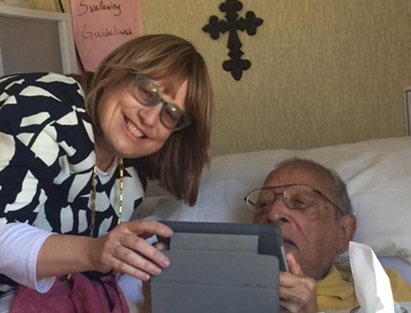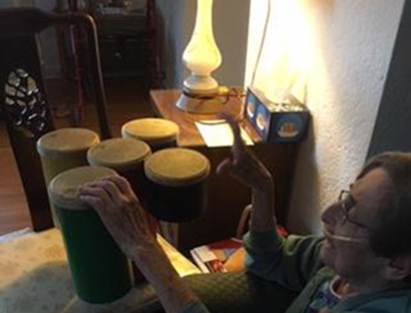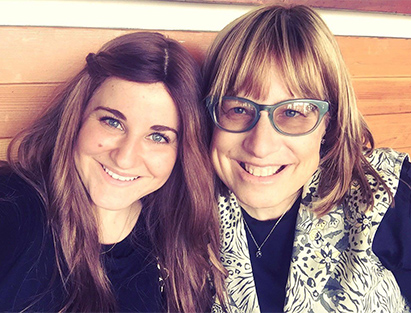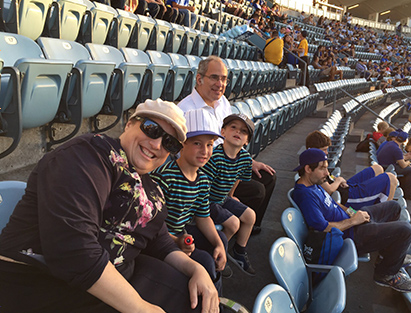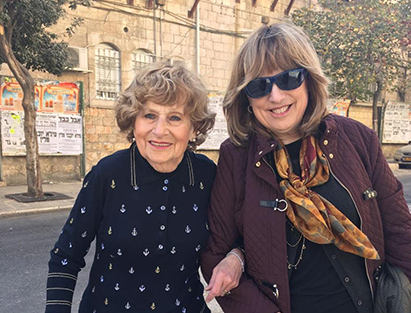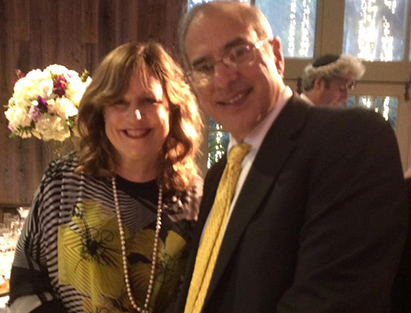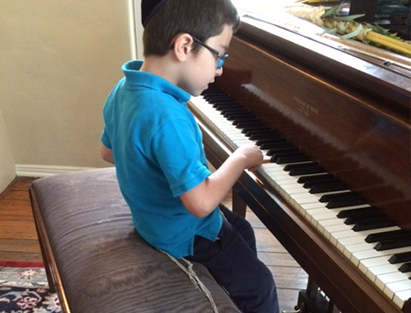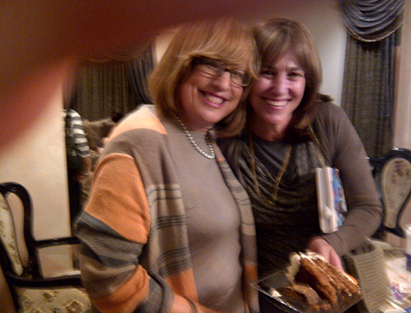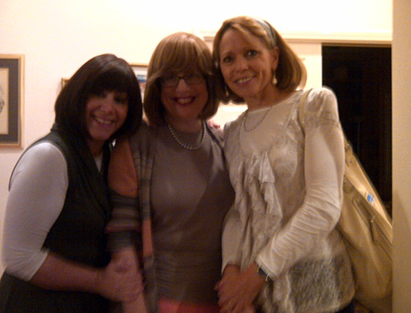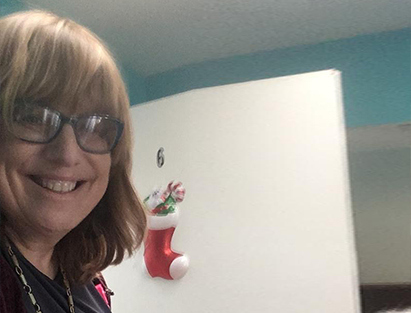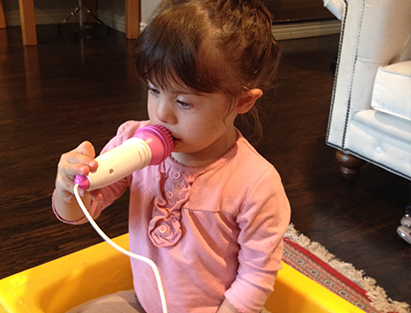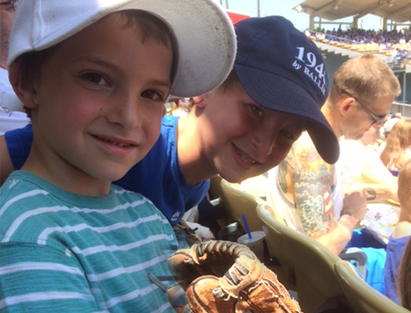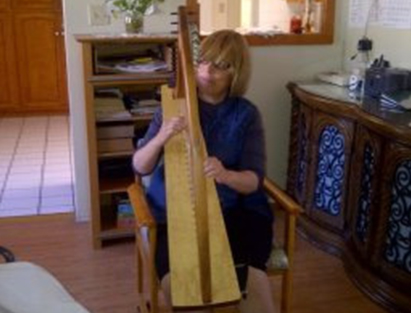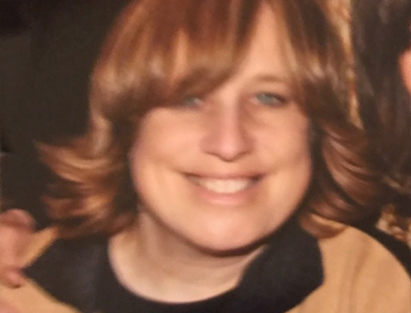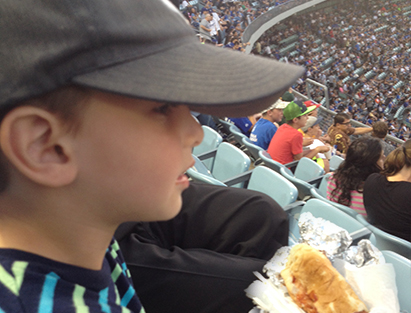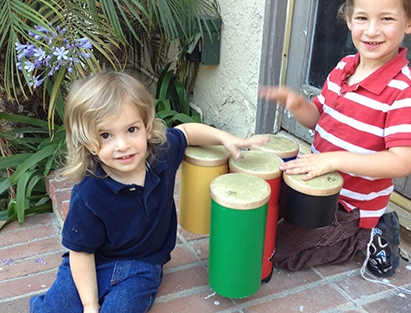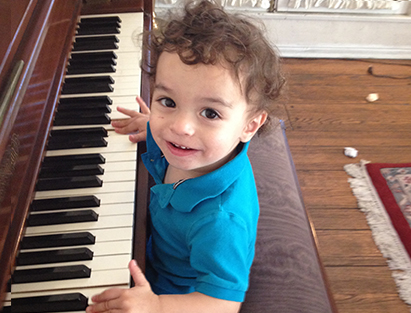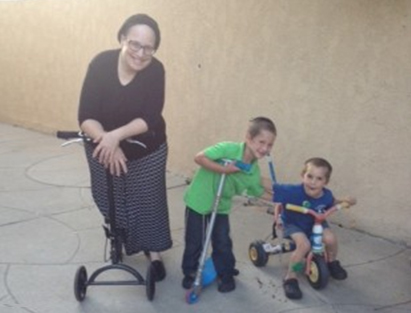Leaning into Changes
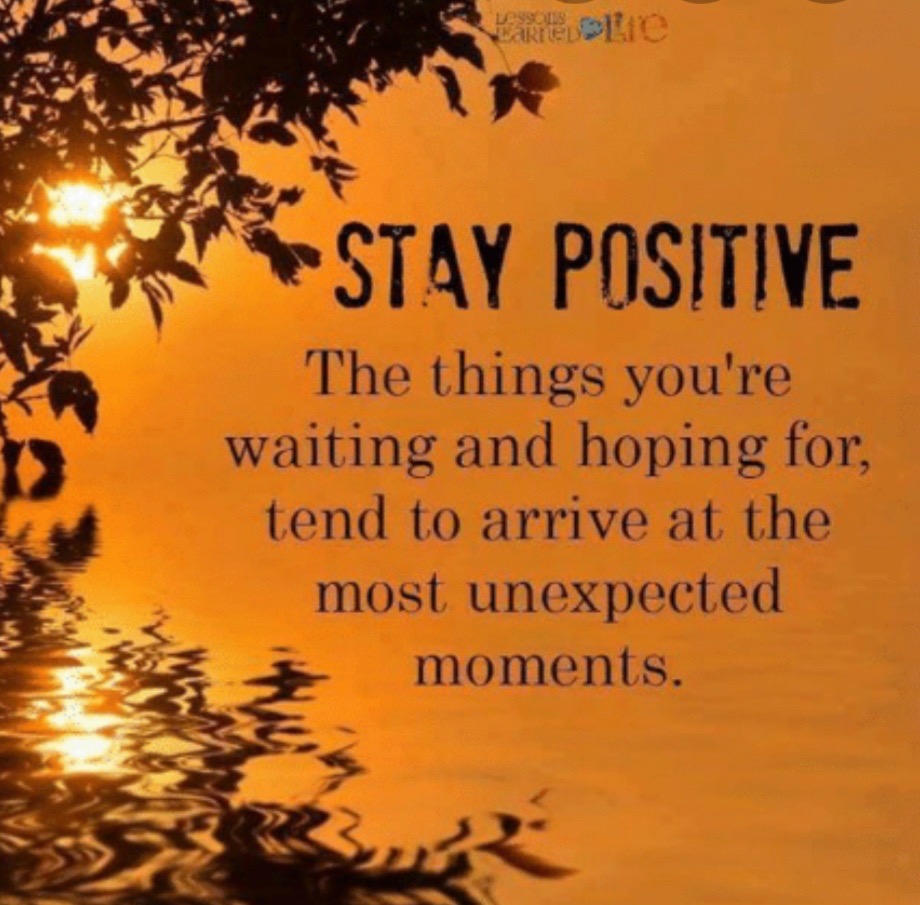 We midlife folks are a resilient bunch, at least according to some of the recent research. For example, a study performed on people above the age of fifty, found that they were less anxious in dealing with the COVID restrictions during 2020. By contrast, younger people resisted the rules of quarantine, or showed more angst, pushing back against the regulations. Reasons given for these results were that older people have gone through challenges in their lives and are used to facing adversity and have developed grit for their subsequent challenges.
We midlife folks are a resilient bunch, at least according to some of the recent research. For example, a study performed on people above the age of fifty, found that they were less anxious in dealing with the COVID restrictions during 2020. By contrast, younger people resisted the rules of quarantine, or showed more angst, pushing back against the regulations. Reasons given for these results were that older people have gone through challenges in their lives and are used to facing adversity and have developed grit for their subsequent challenges.
Notwithstanding the study, many of my peers (above age 50) had a hard time dealing with COVID. Did younger people have it easier? Maybe. Did they complain less? Could be. After all, they weren’t shut in their houses for long periods of time compared to the elderly who literally couldn’t go out for a bottle of milk. Or maybe those who are older tolerated the situation because there was more at stake for them. If they didn’t follow the rules, they would get sick and die. Younger people might get a mild case if they caught COVID, hardly a deterrent to breaking the rules.
But whether or not elderly people are resilient, is less important than the fact that resilience does help us in our lives. And since that study claimed that older people are able to tolerate challenges better (at least regarding COVID), I’m challenging myself to generalize that skill to other situations in my life.
One of the most challenging transitions for many of my peers is dealing with empty nest. The difficulty crept up on me, seeming almost non-existent in the early years after my kids left home. At first, I was excited that I had the time alone with my husband, thrilled that my kids had found lovely women to marry, and generally had a calm feeling about the whole thing. I didn’t identify with some of my peers who spoke of empty nest and midlife woes.
These moms lamented and wrote heartfelt prose about empty bedrooms with baseball bats and mitts sitting on dressers and tugging at their heartstrings. I read these pieces and thought “nah, that’s not me, I’m thrilled that my kids moved out. Time to declutter and redecorate.” I didn’t realize that the sentiments of my friends in the early days of our kids moving on were a harbinger for what I was going to experience just a bit later.
Could be I was in denial and really did have those feelings, but didn’t admit it. Or could be I’m a late bloomer and finally blooming into this stage of “what do I do now?'”
This morning my grandson went to sleep-away camp for the first time. Seeing the photos of him in front of his house with his suitcases and duffle bags brought back memories of several decades ago when my children went to camp. I remembered the pride of sending a child, the seeing them off, the delicious letters received from them, the joy of watching them grow and interact with their peers, and finally the realization when they came home (with tons of laundry and missing items) how tall they’ve gotten and how much they’ve matured.
But those memories are just the outline for the actual detail. The real story held anxiety I felt wondering if my child was happy. The concern when a child called up homesick.
Which is when I realize it’s time to lean into the newness, and make the change. Time to realize that every stage has its positives and negatives; prideful feelings and angst. As much as we seem to remember the past being perfect, we know that it’s not true. Nostalgic feelings are wonderful to have but if they holds us back from moving forward, it’s time to look closely at the faded pictures in our minds and see them for what they are.
Now is the time for me to embrace my time with my husband, my role as a grandmother, my pride in the enjoyment my grandson is having in camp.
And leave the raising kids, the hecticness and dirty laundry for the younger generation. Let’s flex those resilience muscles and move forward with joy and courage. As far as the “good ol’ days,” well….beeen there and done that. Done!

